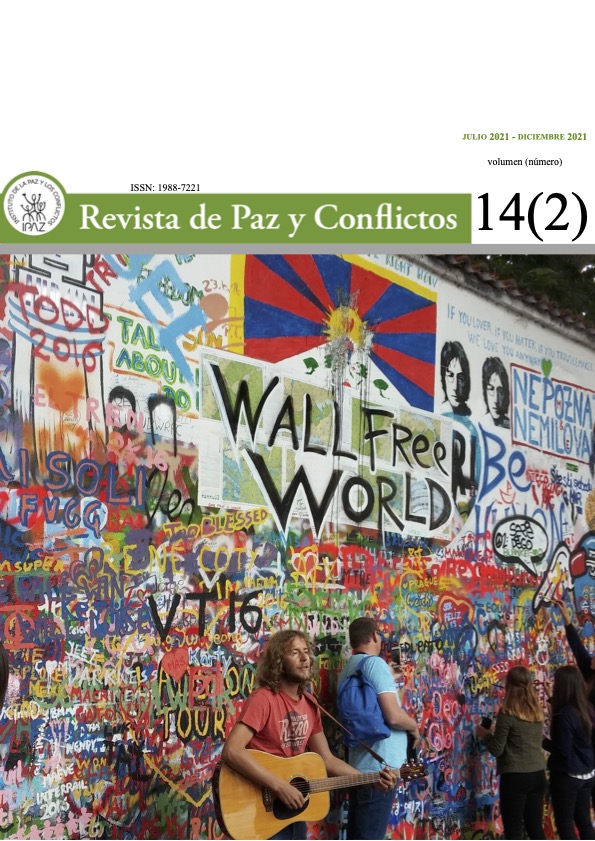La cultura de paz y su contribución a la resolución de los conflictos internacionales
DOI:
https://doi.org/10.30827/revpaz.v14i2.20997Abstract
Throughout the history of humanity, there have been many conflicts in different geographical areas that have led to the outbreak of wars and various violent confrontations that have caused negative consequences at a social, political, economic and humanitarian level in the different places where they are produced. In this way, due to the extensive knowledge that is presented to us about the conflict and its consequences on the population, favouring the development of a culture of peace and the promotion of techniques for the peaceful resolution of conflicts and international security is part of the essence of the international system. The international community and international organizations are not alien to the conflicts that are currently developing in the world, therefore, we must bet on cooperation, communication, and shared effort between all regional, national and international actors in the face of to promote understanding and dialogue between all the actors involved in a dispute. In this research, through the development of a descriptive - analytical methodology, it will be shown what are the foundations of the culture of peace, what consequences the culture of peace has for the resolution of international conflicts and what are the mechanisms of action of the different techniques for the peaceful resolution of conflicts such as negotiation, mediation, arbitration and diplomacy to enhance international security and the development of a culture of peace at the planetary level.
Downloads
Downloads
Published
How to Cite
Issue
Section
License
Esta obra está bajo una licencia internacional Creative Commons Atribución 4.0.














